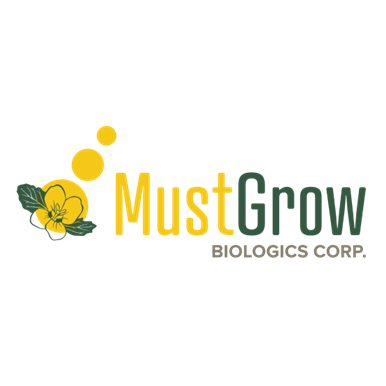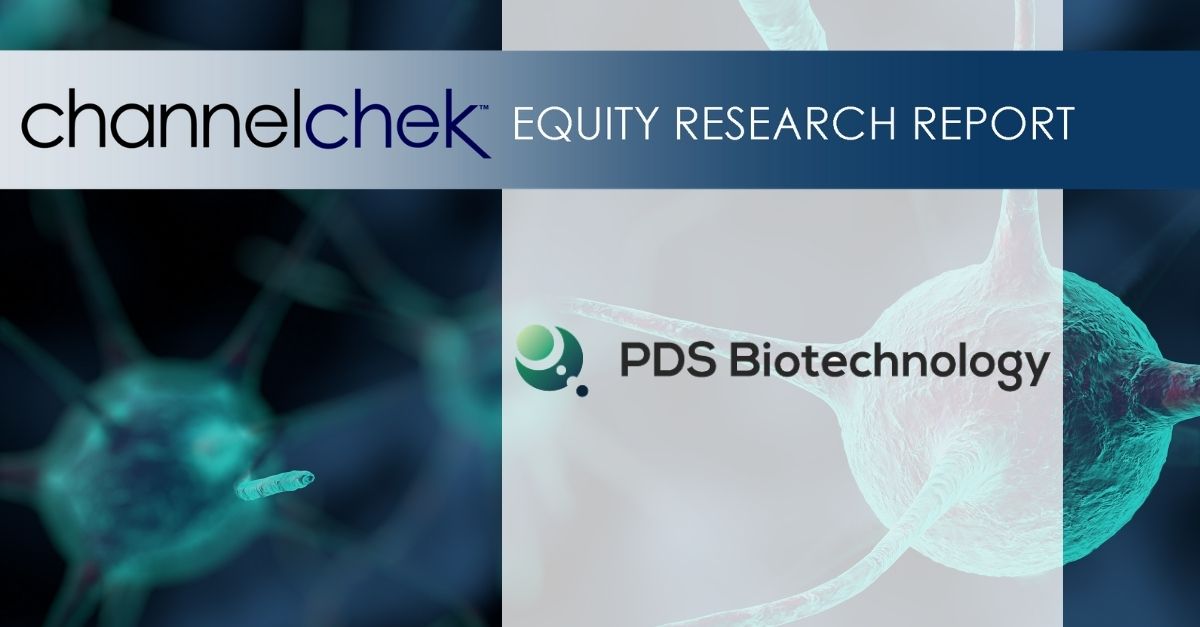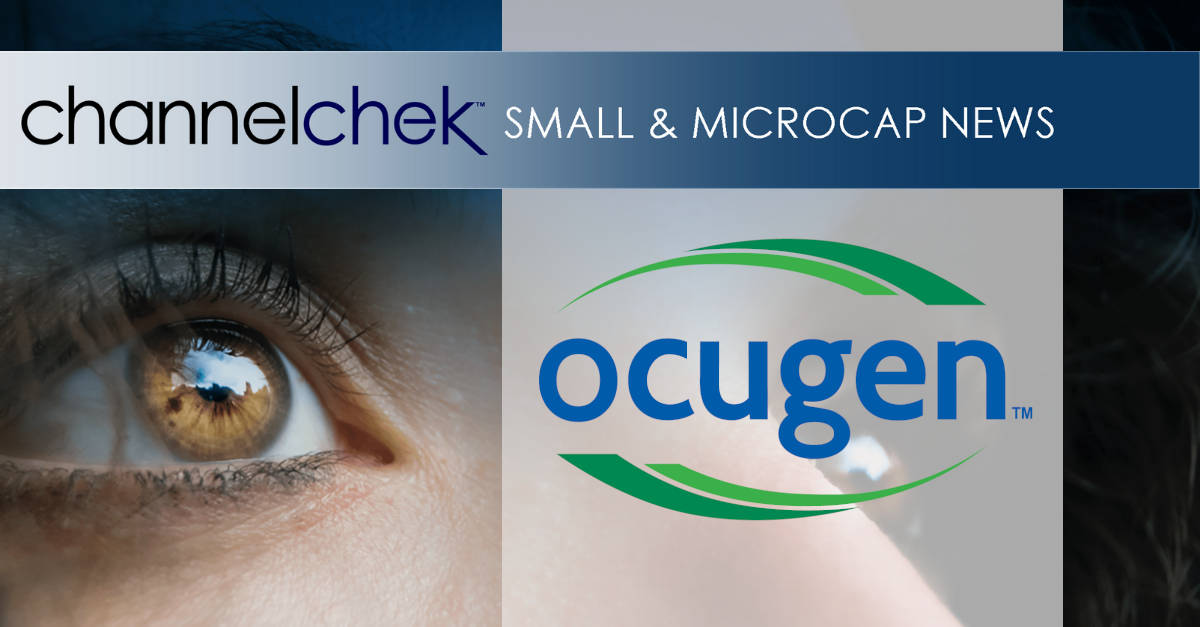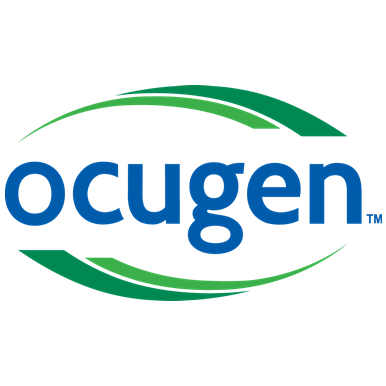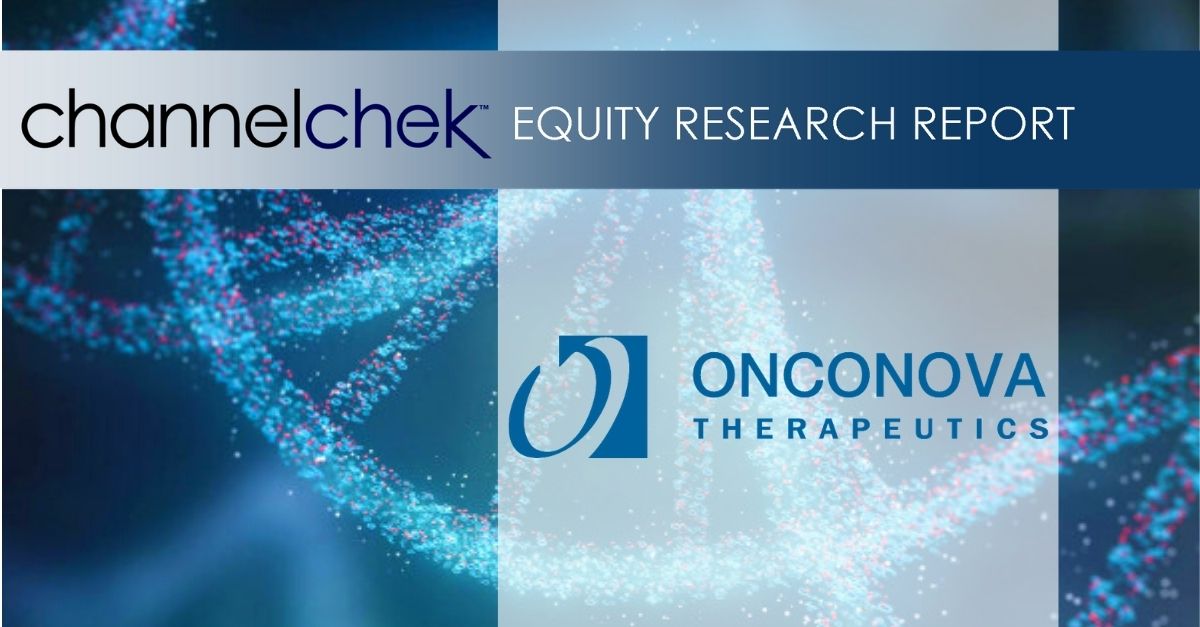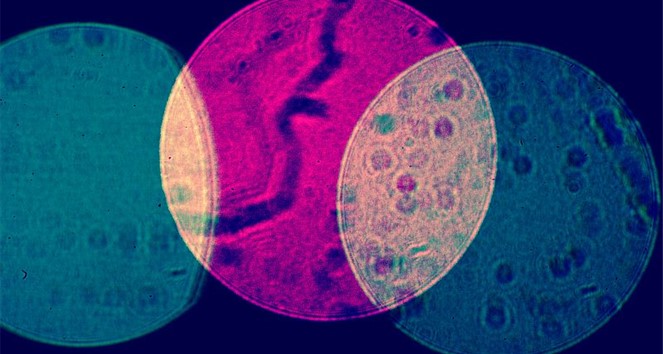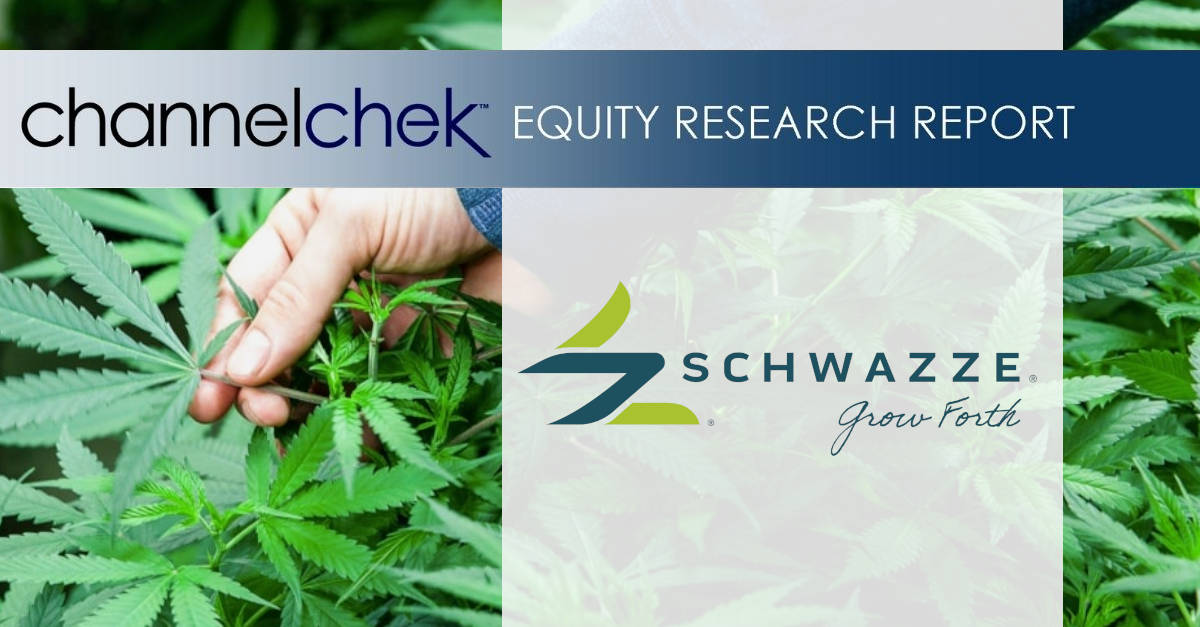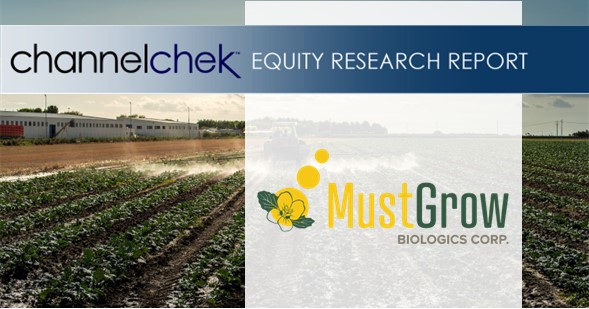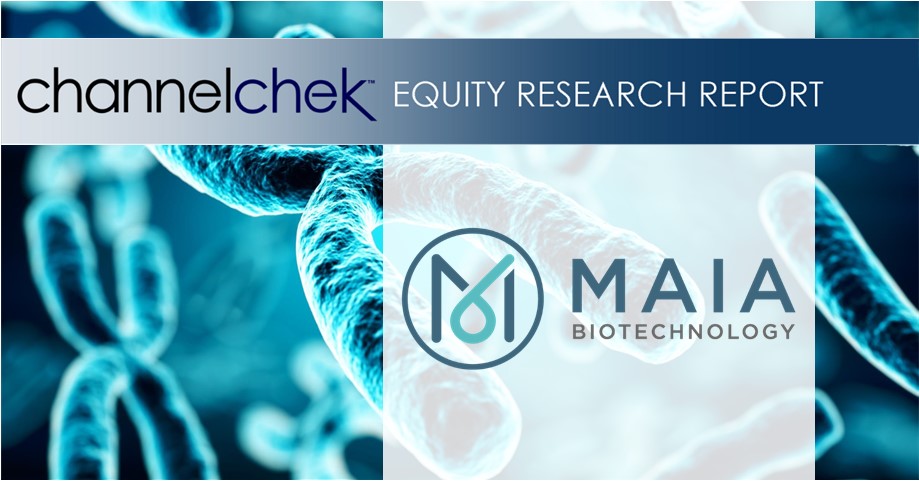
Research News and Market Data on COCP
APRIL 24, 2023
BOTHELL, Wash., April 24, 2023 (GLOBE NEWSWIRE) — Cocrystal Pharma, Inc. (Nasdaq: COCP) (Cocrystal or the Company) announces the appointment of Fred Hassan to its Board of Directors, increasing its Board membership to six. Mr. Hassan’s distinguished 40-year career includes serving in senior executive and director positions at global pharmaceutical companies and leading investment firms. Earlier this month, Cocrystal announced Mr. Hassan’s $2 million investment in the Company through an at-the-market private placement.
“It’s an honor to attract such a highly accomplished industry veteran to our Board,” said Roger Kornberg, PhD, Cocrystal Chairman, Chief Scientist and Chairman of the Scientific Advisory Board. “We expect that Fred’s significant experience will strengthen our corporate governance and his guidance will be instrumental in advancing our antiviral pipeline. On behalf of my fellow Directors, I welcome Fred and look forward to working together.”
“I appreciate Cocrystal’s tremendous potential in developing safe and effective antiviral therapies in priority indications of global concern,” said Mr. Hassan. “I’m impressed with the ability of the company’s structure-based discovery platform technology to efficiently discover and develop novel drug candidates. I look forward to working closely with Cocrystal’s Board and executive leadership to advance our pipeline toward commercialization.”
Mr. Hassan is Chairman of the investment firm Caret Group and a Director of Warburg Pincus LLC, a global private equity firm. From 2003 to 2009 Mr. Hassan served as Chairman and Chief Executive Officer of Schering-Plough and from 2001 to 2003 he was Chairman and Chief Executive Officer of Pharmacia Corporation, a company via the merger of Monsanto Company and Pharmacia & Upjohn, Inc. He joined Pharmacia & Upjohn, Inc. as Chief Executive Officer in 1997. Earlier in his career Mr. Hassan held leadership positions with Wyeth, including serving as Executive Vice President and as a Director from 1995 to 1997, and with Sandoz Pharmaceuticals, including leading its U.S. pharmaceuticals business.
Mr. Hassan is a Director of Precigen, Inc., BridgeBio Pharma and Prometheus Biosciences, Inc., which earlier this month announced a definitive agreement to be acquired by Merck for approximately $10.8 billion. Previously he was a Director of Amgen, Inc. and Time Warner Inc. (now Warner Media, LLC). Over the course of his career, he has served on various other Boards including at Avon Products, Inc. and Bausch & Lomb, which was acquired by Valeant Pharmaceuticals International, Inc.
Mr. Hassan has chaired several prominent pharmaceutical industry organizations including The Pharmaceutical Research and Manufacturers of America (PhRMA) and The International Federation of Pharmaceutical Manufacturers Associations (IFPMA). He received a BS in chemical engineering from the Imperial College of Science and Technology at the University of London and an MBA from Harvard Business School.
About Cocrystal Pharma, Inc.
Cocrystal Pharma, Inc. is a clinical-stage biotechnology company discovering and developing novel antiviral therapeutics that target the replication process of influenza viruses, coronaviruses (including SARS-CoV-2), hepatitis C viruses and noroviruses. For further information about Cocrystal, please visit www.cocrystalpharma.com.
Cautionary Note Regarding Forward-Looking Statements
This press release contains forward-looking statements within the meaning of the Private Securities Litigation Reform Act of 1995, including statements regarding the advancement of the Company’s pipeline toward commercialization and the Company’s potential for developing safe and effective antiviral therapies in priority indications of global concern. The words “believe,” “may,” “estimate,” “continue,” “anticipate,” “intend,” “should,” “plan,” “could,” “target,” “potential,” “is likely,” “will,” “expect” and similar expressions, as they relate to us, are intended to identify forward-looking statements. We have based these forward-looking statements largely on our current expectations and projections about future events. Some or all of the events anticipated by these forward-looking statements may not occur. Important factors that could cause actual results to differ from those in the forward-looking statements include, but are not limited to, the risks and uncertainties arising from inflation, interest rate increases, the current banking crisis and the Ukraine war on our Company, our collaboration partners, and on the U.S., U.K., Australia and global economies, including manufacturing and research delays arising from raw materials and labor shortages, supply chain disruptions and other business interruptions including any adverse impacts on our ability to obtain raw materials and test animals as well as similar problems with our vendors and our current Contract Research Organization (CRO) and any future CROs and Contract Manufacturing Organizations, the results of the studies for CC-42344 and CDI-988, the ability of our CROs to recruit volunteers for, and to proceed with, clinical studies, our and our collaboration partners’ technology and software performing as expected, financial difficulties experienced by certain partners, the results of future preclinical and clinical trials, the impact of COVID-19 (including long-term and pervasive effects of the virus), general risks arising from clinical trials, receipt of regulatory approvals, regulatory changes, development of effective treatments and/or vaccines by competitors, including as part of the programs financed by the U.S. government. Further information on our risk factors is contained in our filings with the SEC, including our Annual Report on Form 10-K for the year ended December 31, 2022. Any forward-looking statement made by us herein speaks only as of the date on which it is made. Factors or events that could cause our actual results to differ may emerge from time to time, and it is not possible for us to predict all of them. We undertake no obligation to publicly update any forward-looking statement, whether as a result of new information, future developments or otherwise, except as may be required by law.
Investor Contact:
LHA Investor Relations
Jody Cain
310-691-7100
jcain@lhai.com
Media Contact:
JQA Partners
Jules Abraham
917-885-7378
Jabraham@jqapartners.com


